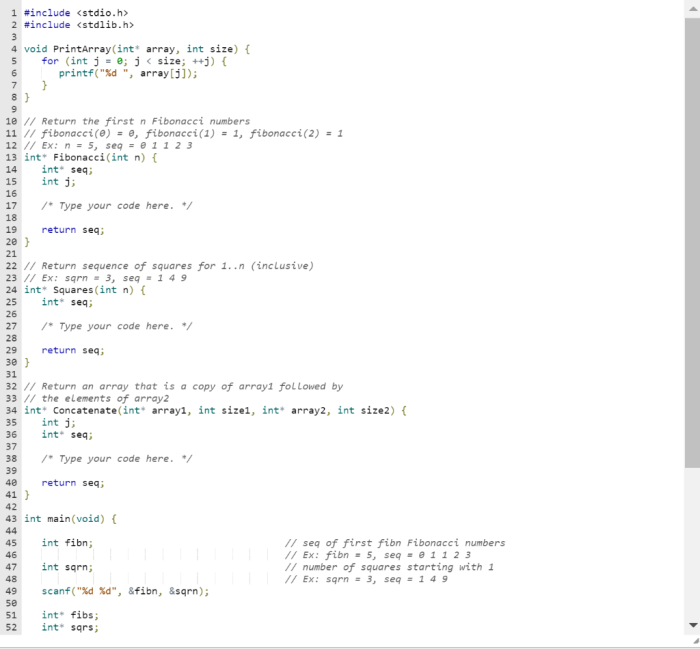Declare an int variable cardsinhand and initialize it to 13. – Embark on an in-depth exploration of variable declaration and initialization, focusing on the declaration of an int variable named “cardsinhand” and its initialization to the value 13. This comprehensive guide will delve into the intricacies of variable scope, data types, naming conventions, and debugging techniques, providing a thorough understanding of this fundamental programming concept.
Variable Declaration and Initialization

In programming, variables are used to store data and information. To use a variable, it must first be declared and initialized. Declaring a variable defines its name, type, and scope, while initialization assigns a value to it.
In the given example, the int variable “cardsinhand” is declared and initialized to 13. The syntax used is:
int cardsinhand = 13;
This statement creates a variable named “cardsinhand” of type int (integer) and assigns it the value 13.
Variable Scope and Usage
The scope of a variable refers to the part of the program where it can be accessed and used. The “cardsinhand” variable is declared within the main function, so its scope is limited to the main function.
Within the main function, the “cardsinhand” variable can be accessed and modified as needed. For example, the following code increments the value of “cardsinhand” by 1:
cardsinhand++;
Data Type and Representation

The data type of a variable determines the type of data it can store. The “cardsinhand” variable is declared as an int, which means it can store integer values. In most systems, an int variable is typically represented using 32 bits, allowing it to store values ranging from -2,147,483,648 to 2,147,483,647.
In the given example, the value 13 is stored as a binary number within the 32 bits allocated for the “cardsinhand” variable.
Variable Naming Conventions

Naming conventions are guidelines used to name variables consistently and meaningfully. A good variable name should be descriptive, concise, and easy to understand.
The name “cardsinhand” is a suitable choice for the variable because it clearly conveys the purpose of the variable: to store the number of cards in the player’s hand.
Debugging and Error Handling

Debugging involves identifying and fixing errors in a program. Potential issues related to the declaration or initialization of “cardsinhand” include:
- Incorrect data type:Declaring “cardsinhand” with an incorrect data type, such as float, can lead to unexpected behavior or errors.
- Initialization errors:Assigning an invalid value to “cardsinhand” can result in incorrect program behavior.
- Scope issues:Using “cardsinhand” outside its declared scope can cause errors.
To resolve these issues, check the variable declaration, initialization, and usage carefully, ensuring they are consistent with the intended functionality.
Clarifying Questions: Declare An Int Variable Cardsinhand And Initialize It To 13.
What is the purpose of declaring an int variable named “cardsinhand”?
Declaring an int variable named “cardsinhand” allows a program to store and manipulate an integer value representing the number of cards in a hand.
How is the value of “cardsinhand” accessed and modified within a program?
The value of “cardsinhand” can be accessed using its variable name, and it can be modified by assigning a new integer value to it.
Why is the data type of “cardsinhand” important?
The data type of “cardsinhand” determines the range of values it can store and the operations that can be performed on it.